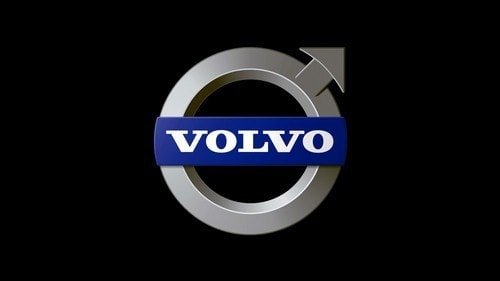AB Volvo is a global manufacturing company based out of Sweden and manufactures and markets trucks, buses, cars and construction equipment, marine and industrial engines. Volvo also offers financing solutions and primarily operates in Europe, America, Africa, Asia and Australia. The group has experienced an increase in revenues in the recent past but has not been able to generate growth in margins which is worrying for the organization.
Table of Contents
Strengths in the SWOT Analysis of Volvo :
Diversified Product Portfolio: Volvo operates through 6 different business segments which include trucks, construction equipment, Volvo Penta, customer finance, buses and cars. With such a diverse portfolio, Volvo is well balanced for its revenues and provides end-to-end solutions and tap high-value solutions.
Strong market positions in various segments: Volvo has a leading position in many of its segments globally, especially in the commercial vehicle truck segment where it has a high market share (over 20%) in most developed countries. Volvo is also a leading player in buses and construction equipment in the world and also has the good market position in marine and industrial engines.
Global Expansion: Volvo’s strong position globally has been due to its strategic expansion policies as it has entered various developed as well as emerging countries and has commanded strong market share in various segments. Volvo has expanded its reach in Europe, North America, Africa, Asia and Australia.
Strong Research and Development capabilities: Volvo has focused strongly on its Research and Development and is investing heavily in it. Strong R&D allows the company to maintain a competitive edge over the competitors and to stay ahead of the industry trends.
Weaknesses in the SWOT Analysis of Volvo :
Product recalls affect brand image: Volvo has had to recall many products in the recent past which creates a dent on the brand image of Volvo. For instance, in 2015, Volvo Trucks recalled 2014 and 2015 VNL models due to a defect in a panel. Such instances affect brand image and thus Volvo should be taken more precautions in the future.
Declining margins: Volvo’s operating and net margins have declined in the recent past despite having experienced growth in revenues. The company has lost margins in FY 2012 to FY 2013 continuously. Such a constant decline negatively impacts shareholder’s confidence.
Opportunities in the SWOT Analysis of Volvo :
Growing global road freight sector: The global road freight sector has shown growth in value as well as volume in the recent years. The sector is expected to grow over a CAGR 6% in the next 5 years. Volvo is a global leader in trucks segment is well positioned to take advantage of the growth created.
Strong outlook for a global trucks market: The global truck market is expected to grow at a CAGR of 9% till 2018. Especially, in the Asia Pacific region, the trucks market has shown positive growth in the recent past. Volvo is set to benefit from any demand created in the future.
Improving Global Construction Industry: The global construction industry has shown signs of improvement in the recent past. It is anticipated to grow at a CAGR of 10.3% up to 2018. Especially in the emerging countries, high expenditure on infrastructure is expected and hence Volvo is expected to benefit.
Threats in the SWOT Analysis of Volvo :
Intense competition forces pricing wars: Volvo faces stiff competition in all of its segments which puts pressure on the companies to improve product performance, constantly innovate and also induce pricing pressures. Volvo faces competition from companies like Caterpillar, CNH, Cummins and Hitachi etc. This impacts bargaining power of Volvo and increases pricing pressures.
Stringent environmental regulations: Volvo faces stringent environmental regulations across segments especially in the diesel vehicles, industrial engines and construction industry where regulations change from country to country and thus compliance costs increase.
Currency fluctuations affect business: Volvo has operations globally in many countries and thus it is susceptible to currency fluctuations. The company reports its finances in Swedish Kroner and fluctuations especially with respect to US Dollars affect Volvo’s business.
Find out more info about this company in our article on who owns Volvo.
Liked this post? Check out the complete series on SWOT
